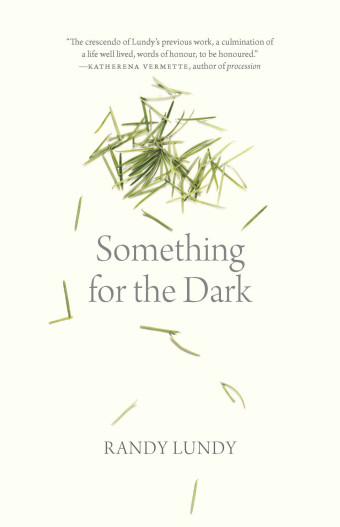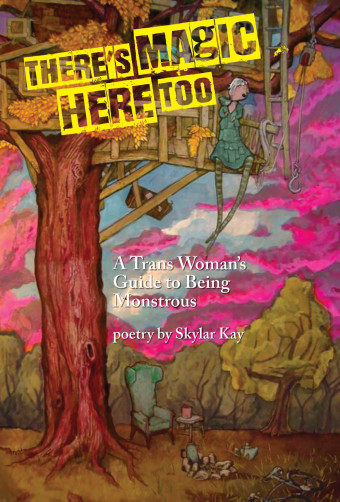Cam Scott, a poet and sound artist from Winnipeg, describes the earliest successful layers of his first collection of poetry as “an attempt at vacuum-packing a working notebook.” He conceives of ROMANS/SNOWMARE as a “personal response to some of the great life poems.”
The question that drives the collection is “how to attempt life writing as a material archive rather than a confessional flip book.”

- ROMANS/SNOWMARE
- Cam Scott
- Arbeiter Ring Publishing
- $17.00 pb, 120 pages
- ISBN: 978-1-927886-27-9
While his response to that question changed through the writing process, ROMANS/SNOWMARE is the first layer of this life-poem project that Scott imagines will continue more or less indefinitely.
Scott’s work as a sound artist is intertwined with his work as a poet. “Sound is at the forefront of my writing, too – interpretation chases the momentum of words,” he says. “All of my work partakes of the same basic obsessions: with texture, duration, the reversal of background and foreground, or the latent rhythms in assorted materials not typically regarded as musical, or poetic.”
There’s a risk in this approach to poetic composition, and Scott says he guards against placing sound “on the side of pre-semantic sensuality.” The temptations in some sound art to fall back on “the popular perception of sound as non-representational” is, in his view, an evasion of responsibility.
“To use language, or to find new uses for found language, is to assume responsibility as a speaker . . . where the page is a context of speech. So I maintain that one can’t be politically disinterested in artistic matters, even though my particular approach prizes sound as such.”
The texts collected in ROMANS/SNOWMARE are filled with disjunctions and non sequiturs, which work to disrupt the lyric poem’s “formal expectation of closure.” Scott says, “‘ROMANS’ is set as large blocks of prose to call attention to the fact that it is not ‘a’ poem, it is a ‘not-poem,’ including all the stuff that seems to resist that.”

That Scott’s poems refuse narrative coherence, epiphany, and closure does not mean he has no recuperative vision. “There is a tension between this self-interrupting text and my desire to finish, and between the scattershot text and the desire to repair.” Poetic closure, he argues, prematurely ends the real work of grief and repair.
“Maybe by extending the duration of this poem indefinitely, far past the jurisdiction of this single book, I’m hoping to linger between poems a little, and allude to the social circumstances of their construction. Maybe that’s where the real work of resolution occurs.”
Scott’s urge to “envision a poem with the capacity for self-criticism,” his connection of sound to social meaning, and his refusal to prematurely resolve the poems, are all connected to his political motivations.
“I think of bpNichol’s utopian expectation that everyone ought to write poetry, which is another way of alluding to total political participation,” he says.
Thus, Scott intends ROMANS/SNOWMARE to convey “just the smallest amount of prefigurative inspiration to imagine the world as a massively co-authored undertaking.”













